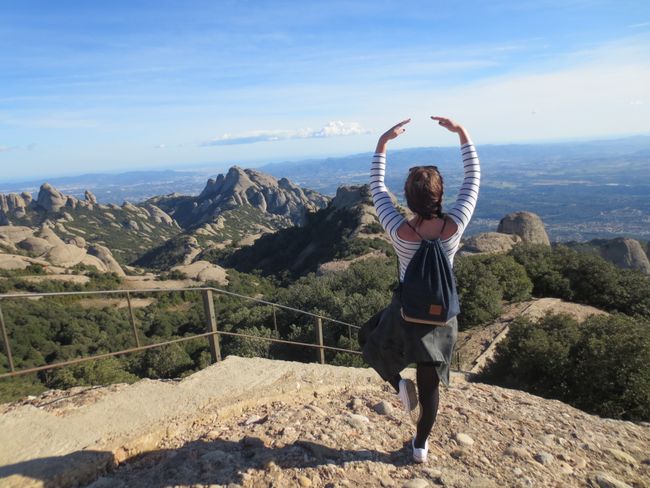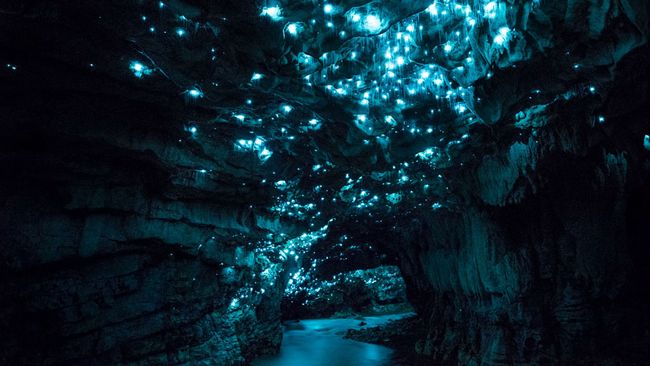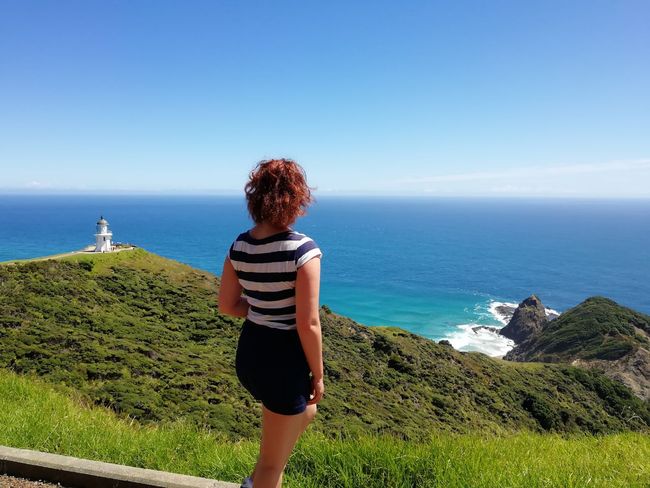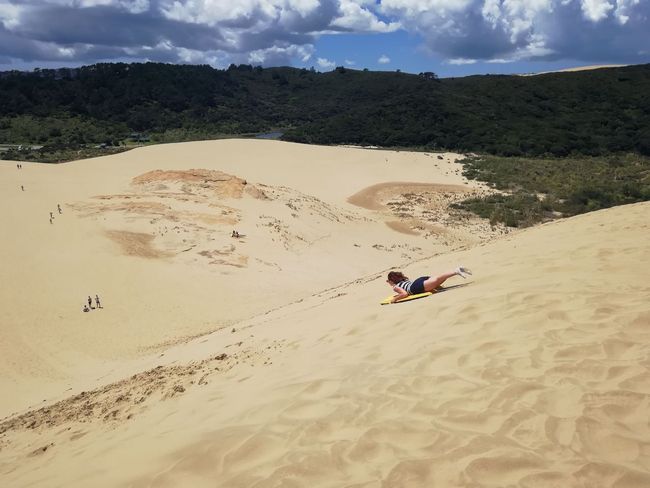Day 6 - 7 Waiomio & Cape Reinga
प्रकाशित: 06.02.2018
समाचारपत्रस्य सदस्यतां गृहाण
On our way north, we made a spectacular stop in Waiomio. There you have the opportunity to see the unique glowworms. A small family business has been guiding numerous tourists through the so-called Kawiti Caves since 1950. After being equipped with enough lamps, we went into the limestone cave with a small group of visitors. When I saw the numerous stalactites, my geography-loving heart skipped a beat. We walked in a row, like a family of ducks, deeper into the caves. After greeting Priscilla, an 80-year-old, three-meter-long eel, we wandered into the darkest corners of the cave. Once there, we turned off our lamps and a breathtaking night sky spread out above us. Hundreds of glowworms were sparkling like stars in their bluish light. An indescribable experience that reaches its peak at night. The worms are actually just the larval stage of a fly, which only has a short life as an adult. The worm attracts insects with its light, which get caught in hanging, sticky threads and are reeled in by the worm like a fishing line. After the bioluminescent worm has fattened itself for six to nine months, it pupates and as a fly, it has only three days to reproduce before it dies of exhaustion (the fly has no mouth and only lives on reserves of energy).
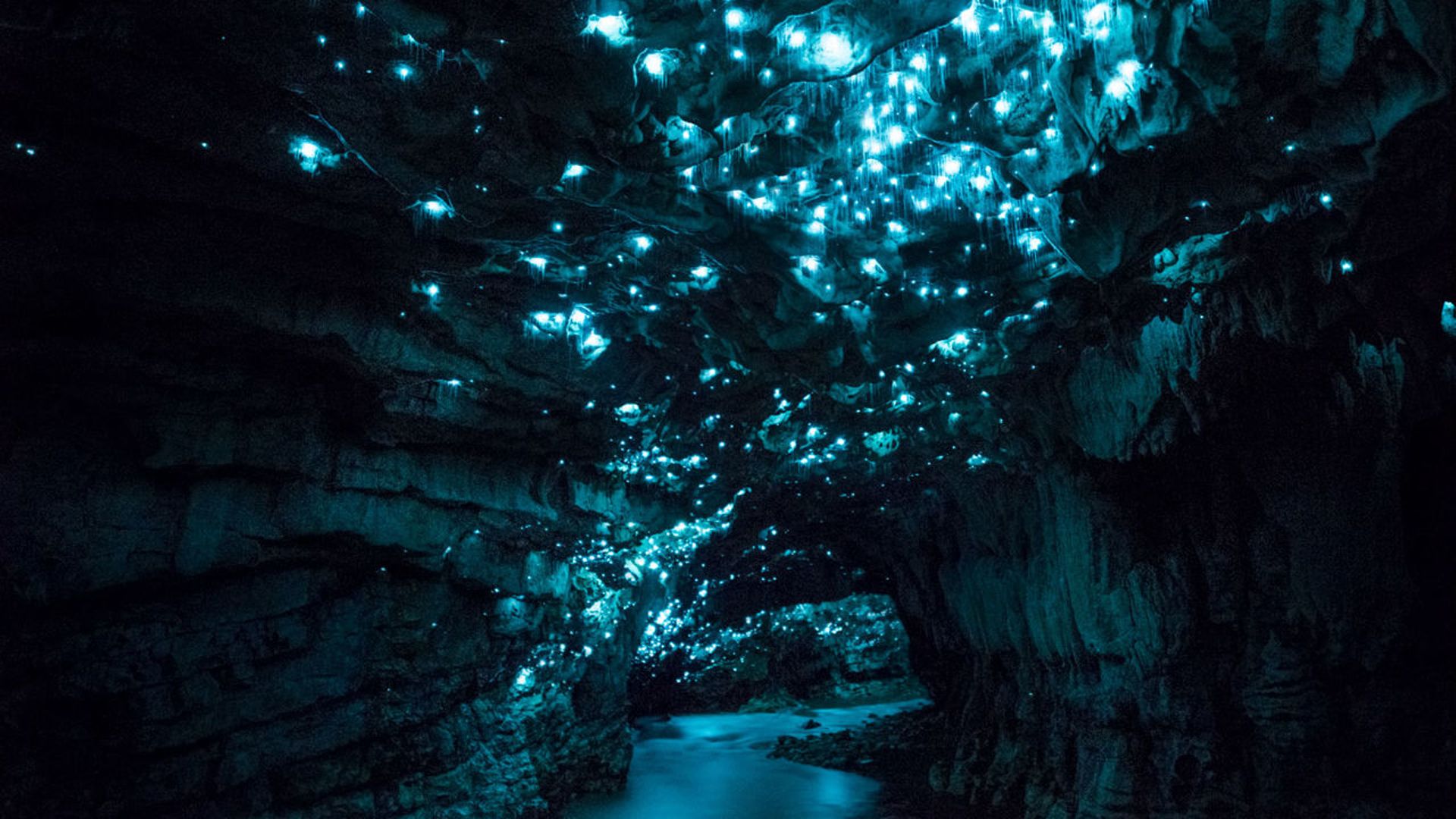
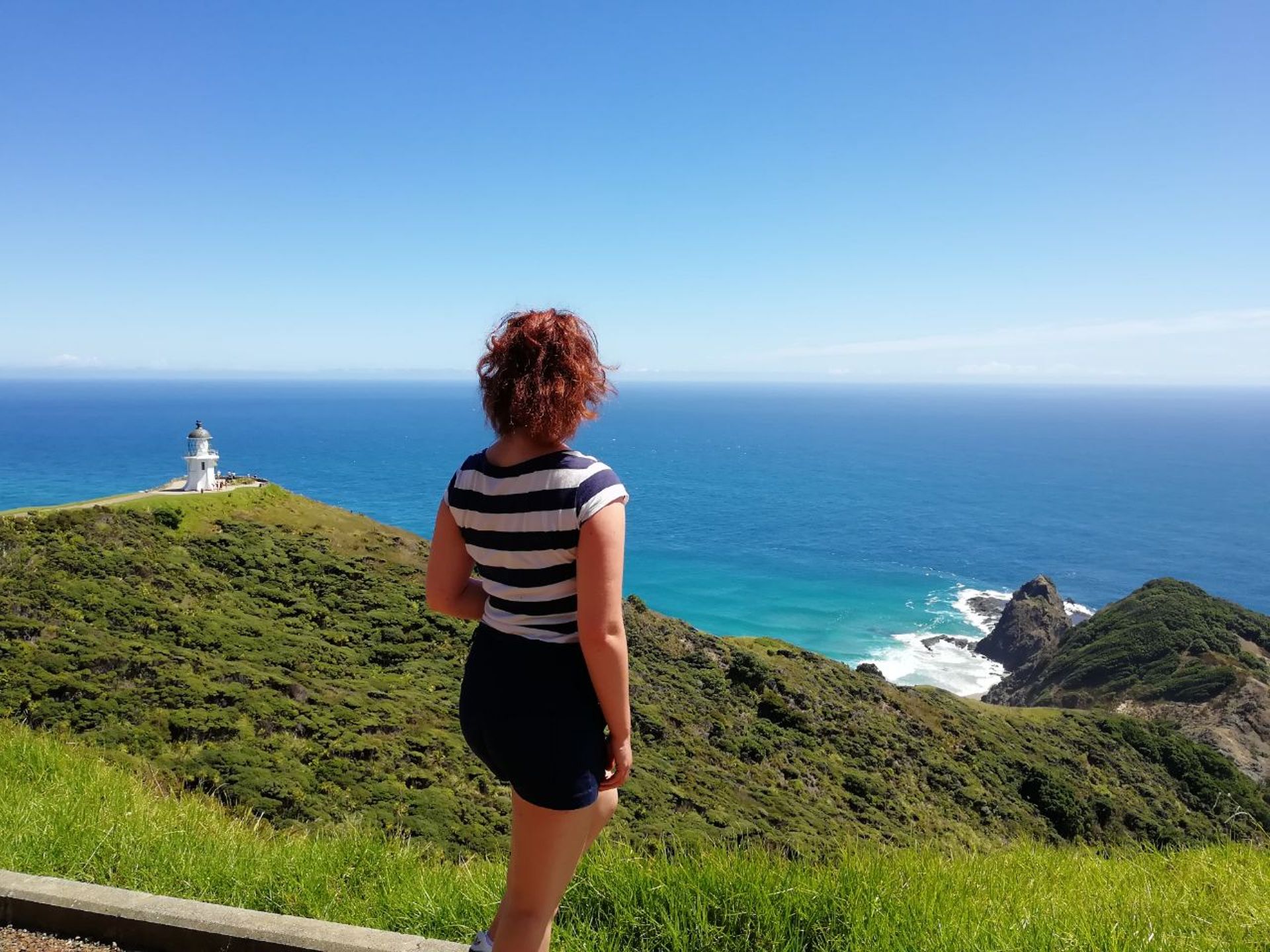

समाचारपत्रस्य सदस्यतां गृहाण
उत्तरम्

